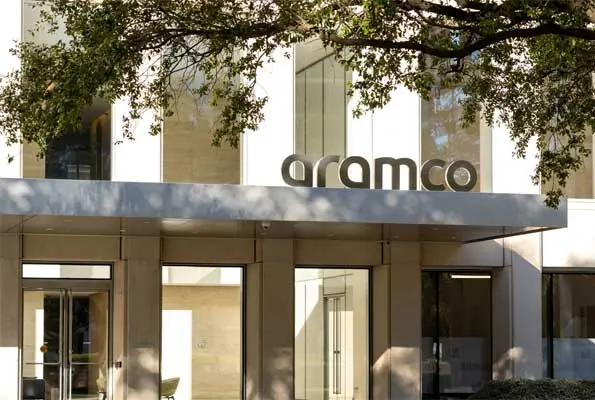According to a senior executive, Saudi oil giant Aramco is expanding its artificial intelligence and big data unit, which connects its assets to help optimise profit and supports decisions on trading and acquisitions.
During an interaction with Arab News, Aramco’s executive vice president for products and customers, Yasser Mufti said, “We have 70 people working on this, we’re still adding more.”
Aramco wants to invest in ways that more accurately reflect its broad market reach and enable it to react to changes in the market more quickly.
To increase returns, Aramco is also conducting asset-specific reviews. Aramco is still looking into possible transactions, such as the buy this week of a portion of the retail company Gas and Oil Pakistan and refineries in Asia, according to Mufti.
After making several investments in Chinese refineries, Aramco has entered into talks to acquire a stake in Shandong Yulong Petrochemical.
The company has also purchased a stake in the liquefied natural gas company MidOcean Energy as part of a larger gas push, and it has listed shares of its base oil unit Luberef, with other share sales also reportedly planned.
Experts at Oliver Wyman, who provided project advice, estimate that more advanced commercial models, such as the Global Optimiser, can yield USD 1– USD 2 per barrel in additional earnings before interest and taxes.
“We built up a lot of capacity to optimise, to trade, to deal with risk, to deal with uncertainty, adding high-quality assets and a commercial mindset could push these numbers to be on the high side if not higher than that range,” Mufti added.
As per LSEG data, analysts have projected a net profit of USD 121.9 billion for Aramco in 2023, a decrease from USD 161.1 billion in 1923. From an average of roughly USD 99 per barrel last year, Brent crude has averaged USD 82.33 this year.



